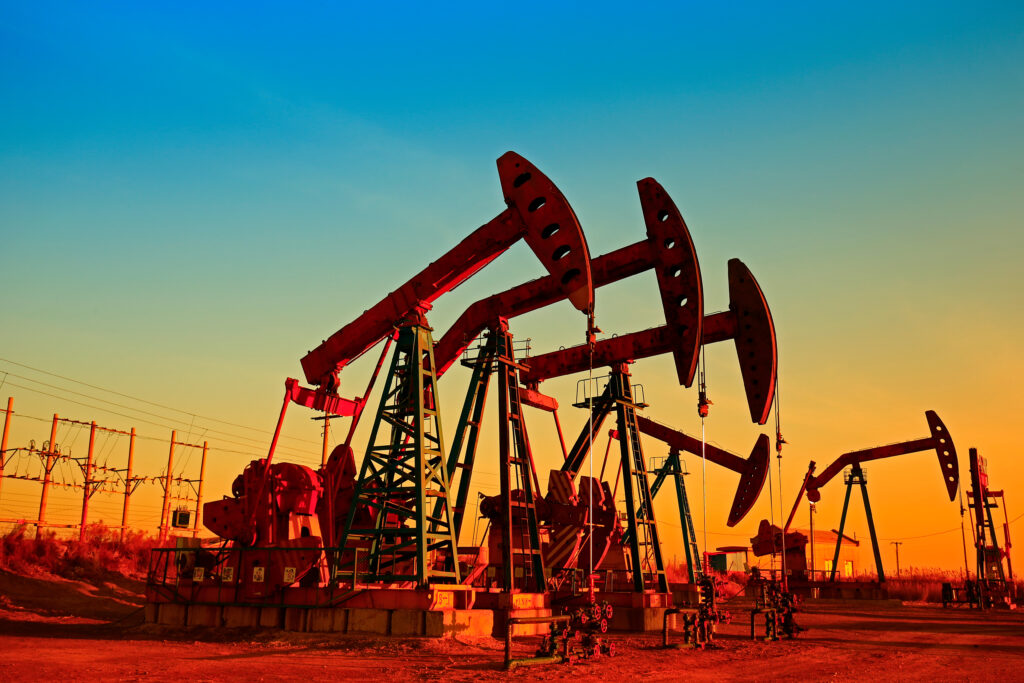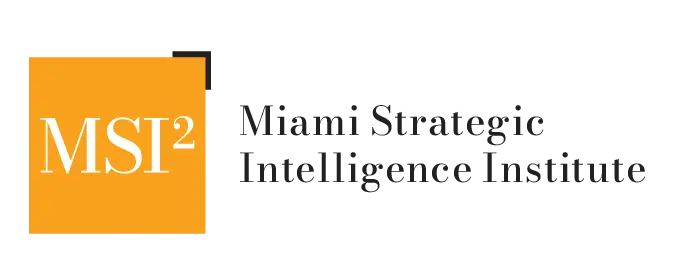27 May A Strategic Withdrawal: Chevron’s Exit from Venezuela and the Reassertion of U.S. Sanctions Policy
By,
Jesús Daniel Romero, Co-Founder, Senior Fellow, MSI²
Introduction: On May 27, 2025, the United States allowed Chevron’s license to operate in Venezuela to expire, signaling a significant policy shift after months of internal debate within the Trump administration.
The decision halts one of the last remaining legal energy links between Washington and Caracas and marks a sharp reassertion of sanctions policy after a period of strategic ambiguity (Reuters, 2025a).
The License and the Fracture Within
Originally granted during the Biden administration in late 2022, the Chevron license enabled limited oil production and exports in coordination with Venezuela’s state oil company PDVSA. Framed as a temporary humanitarian concession, it was controversial from inception but defended as a pragmatic tool for maintaining a U.S. corporate footprint while testing the regime’s willingness to negotiate in good faith (Wall Street Journal, 2022).
Under the Trump administration, pressure mounted for a clear break. Secretary of State Marco Rubio, long a proponent of maximum pressure, led the effort to terminate the license. By contrast, special envoy Richard Grenell lobbied for a short-term extension tied to the recent release of American detainees (Washington Post, 2025). The internal rift reflects broader tensions within U.S. foreign policy toward rogue states, between transactional engagement and strategic containment.

Strategic Implications
1. Economic Blow to the Maduro Regime
Chevron’s joint ventures accounted for nearly a quarter of Venezuela’s oil production (Argus Media, 2024). Their abrupt cessation deprives the Maduro regime of vital revenue and creates operational voids that PDVSA may struggle to fill.
2. A Win for Sanctions Credibility
The expiration of the license reaffirms the United States’ commitment to a coherent sanctions regime. It corrects the perception that enforcement was selective or politically expedient (U.S. Department of State, 2024).
3. Opportunity for Adversaries – And the Case for Strategic U.S. Sanctions
Russia and China are poised to deepen their foothold in Venezuela’s oil industry. Rosneft and CNPC are not just commercial actors—they are strategic arms of hostile governments using the energy sector to project influence and defy U.S. sanctions (Brookings Institution, 2023; CSIS, 2024).
Policy Countermeasures Include:
- CAATSA-based sanctions on foreign enablers;
- Interdiction of maritime smuggling operations;
- Enforcement against dual-use tech exports.
4. Internal Coherence and the Grenell Problem
The Trump administration’s success in applying pressure on Maduro and deterring adversaries like Russia and China depends on the unity of message and discipline of action. Though ultimately aligned with the maximum pressure doctrine, the Chevron decision was undermined by mixed signals at the highest levels of diplomacy.
Special envoy Richard Grenell publicly contradicted Secretary of State Marco Rubio’s stance, negotiated unilaterally, and sought to undermine official U.S. policy by pushing for concessions that would have emboldened the Maduro regime (Washington Post, 2025). His presence as a rogue diplomatic actor poses a liability to national interests and threatens hemispheric credibility.
Recommendation:
The President must ensure that there is only one voice, one chain of command, and one policy on Venezuela. That voice must be led by the Secretary of State, in lockstep with the President. For coherence, legitimacy, and strategic effectiveness, Richard Grenell should be removed from any role involving Venezuela policy immediately.
5. Impact on Oil Markets
The exit of Chevron will likely disrupt Venezuelan supply streams. U.S. refiners may turn to Mexico and Brazil, while Venezuelan crude seeks black-market pathways through Russia and China-linked intermediaries (Bloomberg, 2025; Financial Times, 2025).
Conclusion
The expiration of Chevron’s license is more than a regulatory formality—it is a strategic inflection point. But to capitalize on this clarity, the administration must present a unified front. The path forward demands not just bold policy, but disciplined execution—and that begins with realigning voices under a single, credible chain of command.
References
- Argus Media. (2024, 15 de octubre). Chevron output in Venezuela nears 135,000 b/d under U.S. license. https://www.argusmedia.com
- Bloomberg. (2025, 24 de mayo). Venezuela’s crude flows shift as Chevron winds down exports. https://www.bloomberg.com
- Brookings Institution. (2023, agosto). Strategic rivals in Caracas: Russia, China, and Iran’s expanding influence. https://www.brookings.edu
- Center for Strategic and International Studies (CSIS). (2024, abril). China’s Oil Diplomacy in Latin America: Risks and Realities. https://www.csis.org
- Departamento de Estado de EE. UU. (2024, 18 de enero). Venezuela Sanctions and the Path to Democratic Transition. https://www.state.gov
- Financial Times. (2025, 10 de abril). Ghost fleets and dark ships: How China and Russia help Venezuela defy U.S. oil sanctions. https://www.ft.com
- Reuters. (2025a, 22 de mayo). Rubio says oil license in Venezuela will expire May 27. https://www.reuters.com/business/energy/rubio-says-oil-license-venezuela-will-expire-may-27-2025-05-22
- Wall Street Journal. (2022, 26 de noviembre). U.S. allows Chevron to resume oil operations in Venezuela under eased sanctions. https://www.wsj.com
- Washington Post. (2025, 24 de mayo). Rubio and Grenell, Trump’s dueling diplomats, clash over Venezuela. https://www.washingtonpost.com
- World Oil. (2025, 23 de mayo). U.S. plans Chevron license for minimum upkeep in Venezuela. https://www.worldoil.com
The opinions expressed in this article are those of the author and do not necessarily reflect the views of the Miami Strategic Intelligence Institute (MSI²).
